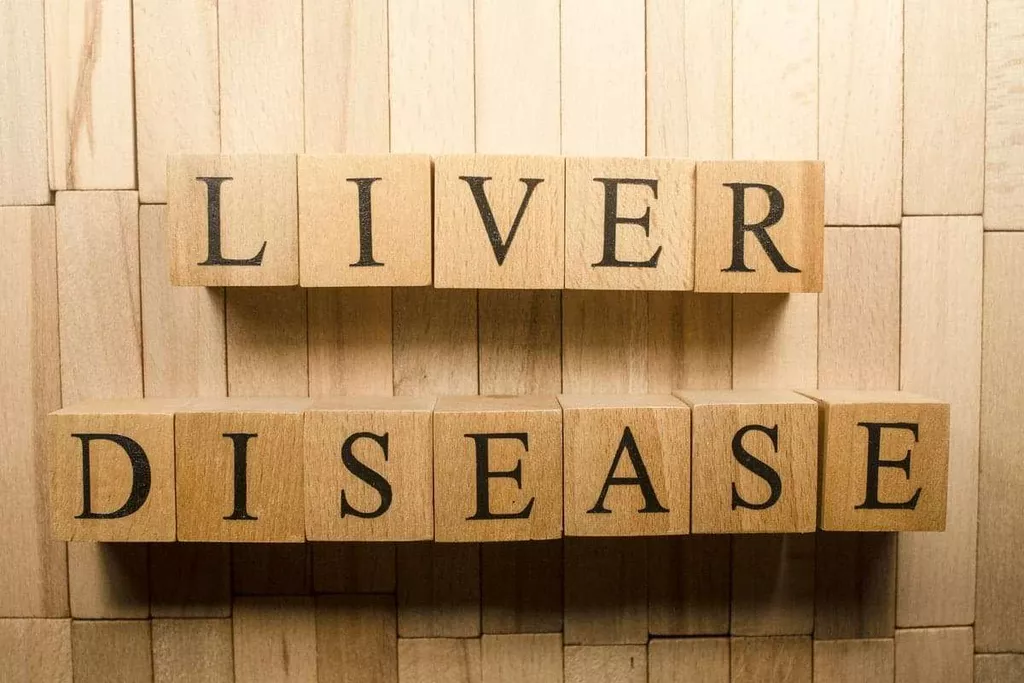15 feb Amphetamine addiction rehab and treatment
A person can recover from drug misuse or SUD and improve their relationships, professional life, sense of self, and physical and mental health. No tests can determine drug misuse or addiction, but a medical professional can discuss a person’s substance use with them and assess possible risk factors that support the possibility. Dr. Wakim is a board-certified psychiatrist with a passion for and expertise in addiction, mood disorders, trauma-related disorders and the subspecialty of interventional psychiatry. He obtained his medical degree from West Virginia University where he also completed his residency training, finishing as chief resident. Dr. Wakim co-founded and served as the CEO of Transformations leading to a successful merger with Shore Capital in May 2021. He is purpose driven towards improving the standard of and removing https://ecosoberhouse.com/ stigma related to behavioral healthcare.
Nonmedical amphetamine use
- The most common method for analysing UDS was weekly proportion of AMPH/MA-free UDS, or overall proportion of AMPH/MA-free UDS.
- Physical addiction appears to occur when repeated use of a drug changes the way your brain feels pleasure.
- Symptoms include hallucinations, delusions, paranoia, and bizarre and violent behaviour.
- A person living with an addiction may find that they cannot control their use of a particular substance or activity, such as drinking alcohol, smoking, using recreational drugs, or gambling.
Amphetamine addiction takes a significant toll on an individual’s health and overall lifestyle. The short-term and long-term effects of amphetamine use can be devastating. Psychological symptoms of amphetamine addiction can range from mood swings and irritability to paranoia, anxiety, and hallucinations. Individuals may exhibit signs of agitation, aggression, and lack of interest in previously enjoyed activities. These statistics paint a concerning picture of the widespread use and abuse of amphetamines.
- MentalHealth.com is a health technology company guiding people towards self-understanding and connection.
- If there are any concerns about content we have published, please reach out to us at
- Your healthcare provider or pharmacist can tell you more about possible or likely side effects.
Study Selection and Characteristics
Chronic amphetamine use alters the brain’s chemistry, causing long-lasting changes that make quitting challenging. Cooling treatments, such as wetting and amphetamine addiction blowing air over the person’s skin or using special cooling blankets, may be needed for hyperthermia. Methamphetamine users have a high rate of teeth grinding (bruxism) and severe tooth decay affecting numerous teeth. The causes include decreased salivation, corrosive substances in the smoke, and poor oral hygiene—called “meth mouth.” After the acute phase of withdrawal, a person may still experience low mood, anxiety, and cravings for the drug for several months. Your healthcare provider or pharmacist can tell you more about possible or likely side effects.
Health Conditions
Undergoing a medical detox from amphetamines is the first action to take. A detox will successfully cleanse your body Drug rehabilitation of all traces of the drug.The second course to take is therapy treatment. We know that an addiction to amphetamine develops due to underlying reasons. Recovery clinics will help you identify the underlying causes in detail so you can be aware of them, understand them, and look at practical ways of handling them. A person experiencing amphetamine salts addiction, meth addiction, or even prescription amphetamine addiction is not advised to quit cold turkey—and certainly shouldn’t attempt detox at home. Withdrawal symptoms can be serious and even cause life-threatening emergencies that include heart attack, seizures, and thoughts of suicide.
Symptoms
We also offer outpatient addiction therapy, which is suitable for people stepping down from more structured inpatient, detox or day care programmes, and can fit in around other life commitments. Residential treatment might include a medically assisted detoxification programme as a first step. During this, we’ll support you to come off the drug and help you to manage withdrawal symptoms. Doctors base the diagnosis on symptoms in people known to have taken amphetamines.
This section collects any data citations, data availability statements, or supplementary materials included in this article. This study was supported by the National Centre for Clinical Research on Emerging Drugs (NCCRED). Addiction Resource team has compiled an extensive list of the top drug rehabilitation facilities around the country. Click on the state you are interested in, and you’ll get a list of the best centers in the area, along with their levels of care, working hours, and contact information. They will receive psychotherapy, medication, and may also engage in group sessions with other addicts in order to improve. The detoxification period typically lasts between 1 and 2 weeks, depending on the extent of the dependence that the patient has.
Additionally, underlying mental health disorders and stress increase susceptibility to developing an addiction to amphetamines. It may be that you have an existing mood or mental disorder co-occurring with your substance abuse. If so, the reason might be that you resorted to using amphetamines to manage the symptoms of bipolar disorder or depression, without even knowing these problems were actually present. It’s best to seek treatment immediately in order to determine whether you have any co-occurring disorders, so they can be treated accordingly. Some amphetamine users are depressed and seek the mood-elevating effects of these stimulants to temporarily relieve the depression. (Dopamine is a neurotransmitter, a substance that helps nerve cells communicate.) This effect is the likely cause of mood elevation.








Geen reactie's